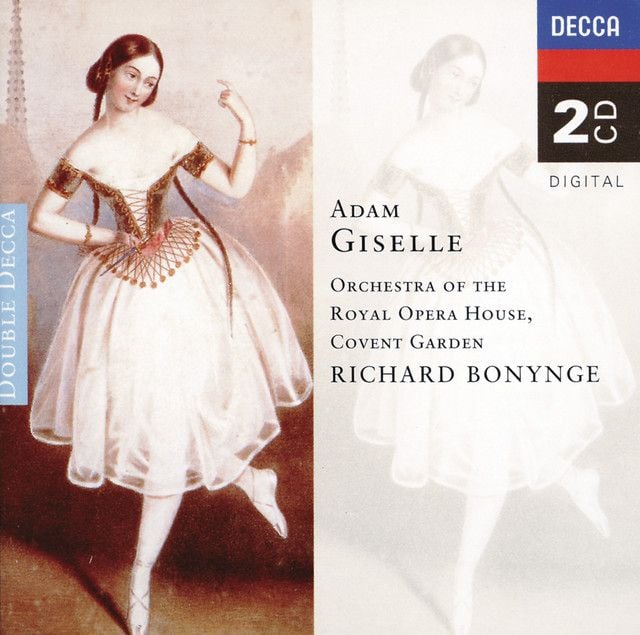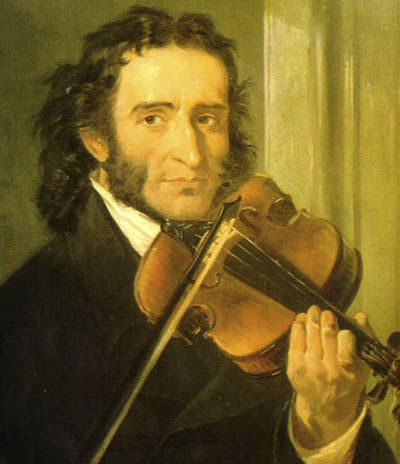Far from the troubled, coarse libertine that has become an archetype of the Romantic composer, Felix Mendelssohn was something of an anomaly among his contemporaries. His own situation -- largely one of domestic tranquility and unhindered career fulfillment -- stands in stark contrast to the personal Sturm und Drang familiar to his peers. Mendelssohn was the only musical prodigy of the 19th century whose stature could rival that of Mozart. Still, his parents resisted any entrepreneurial impulses and spared young Felix the strange, grueling lifestyle that was the lot of many child prodigies.
He and his sister Fanny were given piano lessons, and he also studied violin, and both joined the Berlin Singakademie. Carl Friedrich Zelter, director of the Singakademie, became Mendelssohn's first composition instructor. Even in his youth, Mendelssohn moved with natural grace among the circles of influence in society, politics, literature, and art. Although he did spend some time at the University of Berlin, most of his education was received through friendships and travel. Mendelssohn's advocacy was the single most important factor in the revival of Bach's vocal music in the 19th century, most famously realized in the 1829 performance of the St. Matthew Passion at the Berlin Singakadamie. He did some touring as a pianist with Ignaz Moscheles, then took the position of music director in Düsseldorf from 1833 to 1835, which involved conducting both the choral and orchestral societies, preparing music for church services and later, becoming intendant for the new theatre. Tension with the theater owner caused him to resign some of his duties, and he began looking for a new post. In 1835, Mendelssohn became municipal music director in Leipzig, where he would also conduct the Gewandhaus Orchestra. He would raise the level of the still-thriving ensemble to a new standard of excellence. In 1838, he married Cécile Jeanrenaud, enjoying an idyllic marriage and family life that were quite unlike the stormy romantic entanglements that profoundly affected such composers as Berlioz, Chopin, and Liszt. He was in demand as a conductor and spent some time as royal composer and music director in Berlin, but remained committed to musical life in Leipzig. He was even able to establish a new conservatory in the city, which is still a well-respected institution.
Mendelssohn was a true Renaissance man. A talented visual artist, he was a refined connoisseur of literature and philosophy. While his name rarely arises in discussions of the 19th century vanguard, the intrinsic importance of his music is undeniable. A distinct personality emerges at once in its exceptional formal sophistication, its singular melodic sense, and its colorful, masterful deployment of the instrumental forces at hand. A true apotheosis of life, Mendelssohn's music absolutely overflows with energy, ebullience, drama, and invention, as evidenced in his most enduring works: the incidental music to A Midsummer Night's Dream (1826-1842); the Hebrides Overture (1830); the Songs Without Words (1830-1845); the Symphonies No. 3 (1841-1842) and No. 4 (1833); and the Violin Concerto in E minor (1844). While the sunny disposition of so many of Mendelssohn's works has led some to view the composer as possessing great talent but little depth, his religious compositions -- particularly the great oratorios Paulus (1836) and Elijah (1846) -- reflect the complexity and deeply spiritual basis of his personality. ~ Rovi Staff, Rovi









